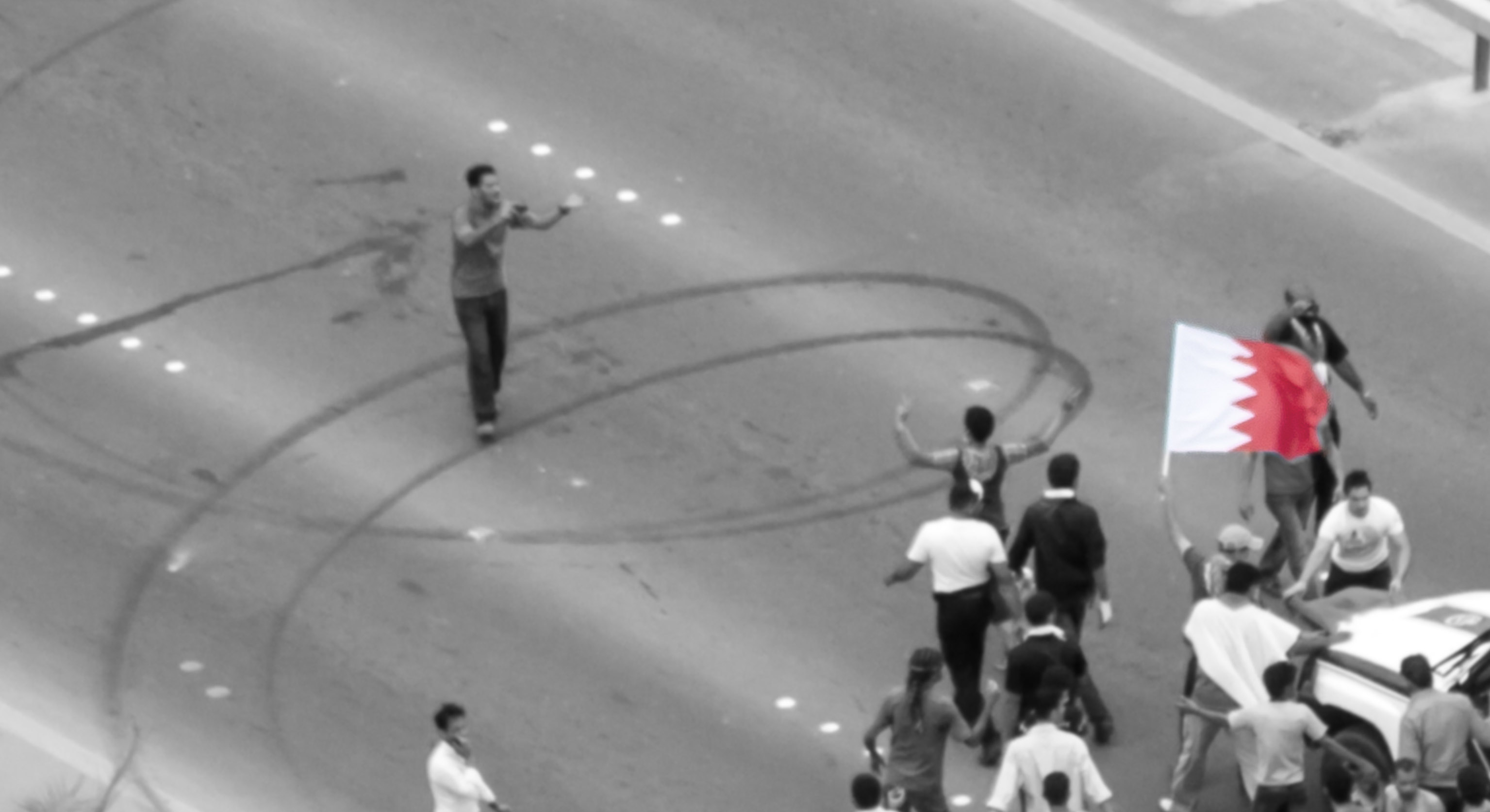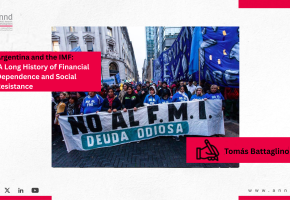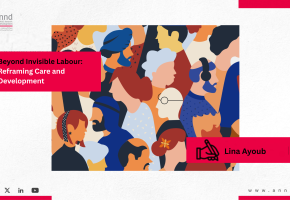
Brief Overview of Civic Space in Bahrain in Light of the War on Gaza
April 2024
In the past six months, restrictions on the civil society movement in Bahrain have increased, especially after the aggression on Gaza. They entailed continued security scrutiny, the rejection of some candidates for elections to the boards of directors of civil society organizations (CSOs), the continued restrictions on funding associations, whether local or foreign, and the dissolving of some associations' boards of directors. Likewise, youth associations were surprised to see their headquarters seized by the ministry without informing their boards. Moreover, some associations were referred to the Public Prosecution to investigate the heads of their boards of directors on charges of collecting public money without a permit. Others were denied permits to hold general assemblies without explanation or under administrative charges.
However, some associations and civil society activists lobbied members of the House of Representatives to reduce the restrictions on CSOs stipulated in Decree Law 21 of 1989 on CSOs and its amendments, which impose a stressful environment. As a result, the House of Representatives discussed a proposed amendment to Article 43 abolishing the clause regarding the condition of enjoying civil and political rights introduced into the decree in 2018, according to which many experienced, and competent civil society leaders were deprived of running for CSO board elections.
Regarding the impact of the war on Gaza, the Bahraini Society for Resisting Normalization with Israel was allowed to hold semi-weekly activities, including marches and solidarity sit-ins. However, the authorities did not grant other associations permits to carry out activities to support the Palestinian people's steadfastness in Gaza and demand an immediate ceasefire. The authorities also asked the Bahraini Society for Resisting Normalization to specify in advance the slogans to be used in marches related to the Palestinian issue. The authorities did not allow slogans related to the local situation or attacks against other countries that neglect the Palestinian cause. Some young people were subjected to arrest or security investigation due to participating in pro-Palestinian night marches.
Earlier, six young Bahrainis were sentenced to three months in prison after joining a protest in solidarity with the Palestinians, demanding the expulsion of the Israeli ambassador from Bahrain, and denouncing the genocide in Gaza. They were charged with "participating in unauthorized demonstrations," restricting freedom of assembly. The National Initiative Alliance, consisting of 27-32 associations, also continued to issue statements related to the Palestinian cause and continued to demand severing relations with the Israeli occupation state and recalling ambassadors. In particular, the statements had called for the Attorney General in Bahrain to initiate legal measures against the presence of any Israeli official on Bahraini territory of Bahrain and its territorial waters.
Another negative indicator of the human rights situation in Bahrain, especially freedom of opinion, expression, and the press, was its low ranking in the Press Index for 2023 issued by Journalists Without Borders. It came in at 173rd out of 180 countries and before last in the Arab world. These restrictions were illustrated by the arrest of some citizens pending investigation for a period of 7 days based on a decision from the Public Prosecution due to tweets on X (Formerly Twitter) and other social media platforms, such as TikTok and Instagram. The security services exercise strict control over activists on these platforms on issues like the local situation, the Palestinian cause, and sharing news and press articles.
Some ministries and government agencies have recently filed cases against citizens criticizing their performance. The Ministry of Commerce referred some social media users to an investigation by the prosecution or security authorities. On the other hand, the Ministry of Education took judicial measures against many users, including the ministry's employees. Other government agencies also took legal measures and arrested users, academics, and history researchers in violation of freedom of the press, opinion, and expression.
However, in a positive development in April 2024, the King of Bahrain issued a special and sudden royal pardon, releasing 1,584 convicts, including about 621 connected with the events of 2011. Since Bahrain has always denied the presence of political prisoners or prisoners of conscience, this amnesty baffled legal and political circles. The sudden pardon was justified by the 25th anniversary of the King's accession in 1999. However, some analysts believe it could be related to regional security developments due to the possible impact of the ongoing war on Gaza on the security of the Gulf region, especially after the military confrontation between Iran and Israel.
This step also created confusion on the pro-government side, leading to the spread of hate speech on social media. Some tweeters were investigated, arrested, and referred to the judiciary. However, hundreds of people, estimated at more than 500, are still charged in connection with the events of 2011. Nevertheless, their release could lead to a new phase of understanding and cooperation between the people and the government.
The public has lost confidence in government procedures and official permits due to the lack of transparency and disclosure of information and data. Official data is not trusted, which challenges the credibility of various official bodies.
Recent publications

